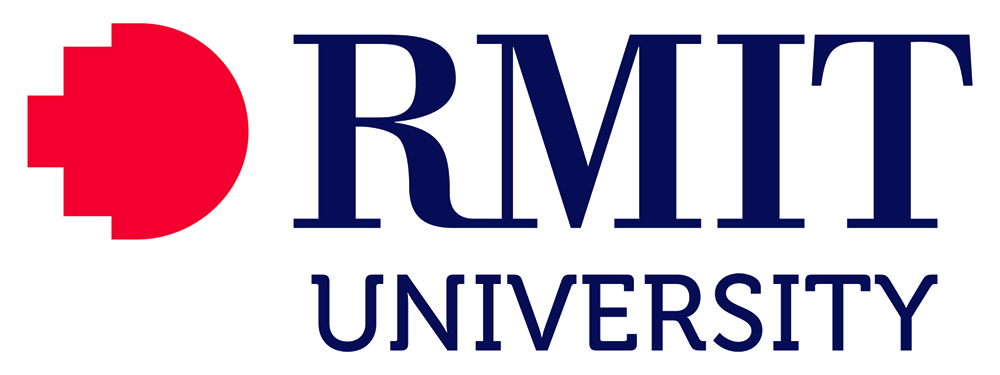Art, Science and Tropical Environments: An AEGIS Seminar
Thursday 4 March 2021
6.00–7.30PM
Online
An AEGIS seminar with William Laurance, Betty Sargeant and Debbie Symons.
Tropical environments are under increasing pressure in contemporary society with the tropics losing over 11.9 million hectares of tree cover in 2019. This loss equates to a football pitch of primary rainforest felled every six seconds. Rainforests are biodiversity hotspots, with more species found within these niche environments than anywhere else on the planet. These remaining 'wild' spaces also capture and store gigatonnes of carbon, which is released as carbon dioxide during deforestation events.
In this AEGIS seminar we will hear from two Australian artists, Betty Sargeant and Debbie Symons, whose recent works explore rainforest environments. Joining them will be one of Australia's leading rainforest researchers, William Laurance.
Chair: Philip Samartzis
Invited speakers: William Laurance, Betty Sargeant and Debbie Symons
William Laurance (James Cook University, Cairns)
William Laurance is a Distinguished Research Professor and former Australian Laureate at James Cook University. He also holds the Prince Bernhard Chair in International Nature Conservation at Utrecht University, Netherlands. He is a fellow of the Australian Academy of Science and the American Association for the Advancement of Sciences. He is the director for TESS, and founded and directs ALERT — a science-outreach group that reaches 1–2 million readers weekly.
His many professional awards include the Society for Conservation Biology’s Distinguished Service Award and the Zoological Society of London’s Outstanding Conservation Achievement Prize. An environmental scientist whose work spans the tropical world, Laurance has written eight books and over 600 scientific and popular articles. He is a four-time winner of Australia’s Best Science Writing Award.
Betty Sargeant (PluginHUMAN)
Dr Betty Sargeant is a multi-award-winning, internationally recognised media artist. She is co-creative director and artist with the art-technology duo PluginHUMAN. Betty creates multi-sensory installations with a focus on disappearing the interface.
Betty has exhibited internationally (Asia, Europe, The United States, Australia). She was the Melbourne Knowledge Fellow (2016), was artist-in-residence at the Exertion Games Lab, RMIT University (2017–19); and was creator-in-residence at the Asia Culture Centre (South Korea, 2016–17). Betty’s PhD was ranked top three at the CHASS Prize (2015). Her CV is available on LinkedIn. She has academic publications and regularly speaks at public events. In 2019 Betty represented Australia in a federal government cultural delegation to India focusing on partnership building and future collaborations (Department of Foreign Affairs and Trade and Asialink 2019).
Betty has created media art installations for institutions such as the National Taiwan Museum of Fine Arts (Taiwan, 2018), Questacon (the National Science and Technology Museum, Australia, 2018) and the Asia Culture Centre (South Korea, 2016 & 2017). To learn more about Betty's work visit https://pluginhuman.com/.
Debbie Symons (RMIT University)
Debbie Symons’ practice is multi-disciplinary and utilises a range of mediums (drawing, video and installation) to communicate central themes in her work: humanity’s complicated relationship with the natural environment, the dynamics of the global political economy and the effects of consumer culture. Symons completed her PhD at Monash University and is an Associate, College of Design and Social Context, School of Art, RMIT University.
Symons is currently an artist in residence at Bayside City Council’s Billilla Artist Studio Program and is exhibiting a new work titled Sing at Bayside Gallery this month. Sing comprises of 100 handwoven pendant nests containing mini speakers playing pre-recorded tropical bird species songs, evoking the delicate and intricate natural connections found in remaining ‘wild’ environments. Her works can be viewed at https://debbiesymons.com.au/.
Art, Science and Tropical Environments is presented by AEGIS: Art + Ecologies Research Network and the Contemporary Art and Social Transformation (CAST) research group at the School of Art, RMIT University.
Register via Eventbrite
Image credit: Debbie Symons, Sing 2020–21

